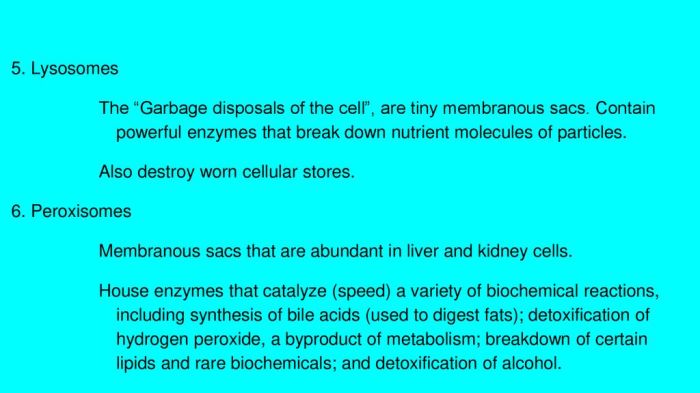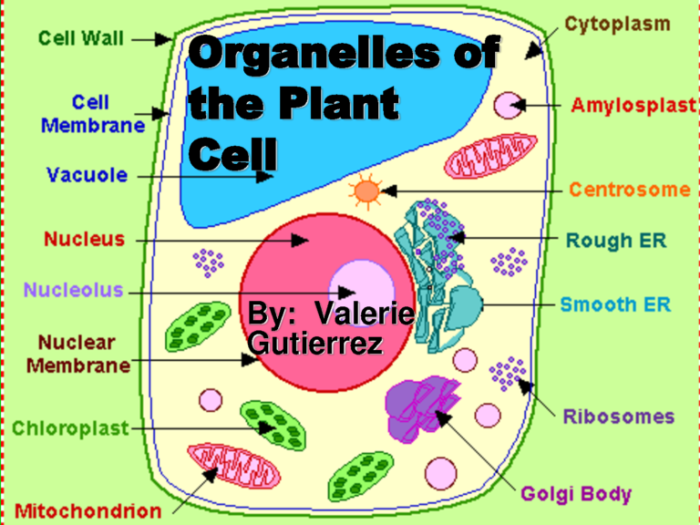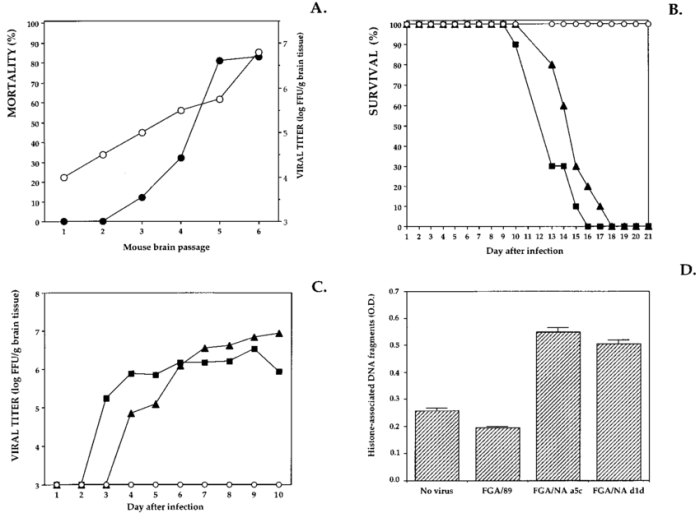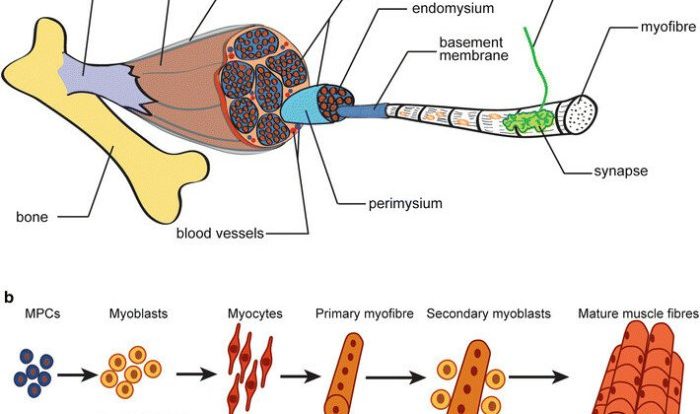Stores biochemicals helps in cell growth – Biochemical stores, the cellular reservoirs of essential molecules, play a pivotal role in supporting cell growth and proliferation. These stores provide the raw materials and energy necessary for the synthesis of new cellular components, enabling cells to expand and divide.
This article delves into the intricacies of biochemical stores, exploring their composition, regulation, and impact on cell growth. We will uncover the key biochemicals involved, their sources, and the mechanisms that ensure their optimal levels within cells.
Biochemical Stores and Cell Growth

Biochemical stores play a critical role in supporting cell growth and development. They provide the building blocks and energy necessary for cells to divide and expand. The availability and balance of these biochemicals significantly influence cell growth rate and overall cellular function.
Cells store a variety of biochemicals, including:
- Carbohydrates: Primary energy source, providing glucose for cellular respiration.
- Lipids: Energy storage, structural components of membranes, and signaling molecules.
- Proteins: Building blocks for cellular structures, enzymes, and hormones.
- Nucleotides: Building blocks for DNA and RNA, essential for cell division.
- Vitamins: Coenzymes in metabolic reactions, supporting growth and development.
- Minerals: Cofactors for enzymes, maintaining cellular balance.
The availability of these biochemicals determines the rate of cell growth. When nutrients are abundant, cells can rapidly divide and expand. Conversely, nutrient deprivation can lead to cell cycle arrest and growth inhibition.
Key Biochemical Stores: Stores Biochemicals Helps In Cell Growth

Among the various biochemical stores, several key components are essential for cell growth:
| Biochemical | Source | Role in Cell Growth |
|---|---|---|
| Glucose | Carbohydrate metabolism | Primary energy source for cellular respiration |
| Amino acids | Protein degradation | Building blocks for protein synthesis |
| Nucleotides | Nucleotide metabolism | Building blocks for DNA and RNA synthesis |
| Lipids | Lipid metabolism | Energy storage and membrane components |
| Vitamins | Dietary intake | Coenzymes in metabolic reactions |
These biochemical stores are interconnected and interdependent. For example, glucose provides energy for protein synthesis, while amino acids are required for nucleotide production.
Regulation of Biochemical Stores

Cells tightly regulate the levels of biochemical stores to maintain optimal growth conditions. Several mechanisms contribute to this regulation:
- Hormonal control: Hormones such as insulin and growth hormone influence the uptake and utilization of biochemicals.
- Feedback loops: Cells sense changes in biochemical availability and adjust their metabolic pathways accordingly. For example, low glucose levels stimulate glucose uptake and metabolism.
- Transcriptional regulation: Cells control the expression of genes involved in biochemical storage and utilization.
By regulating biochemical stores, cells ensure a balanced and efficient supply of nutrients for growth and development.
User Queries
What are the key biochemical stores involved in cell growth?
The primary biochemical stores involved in cell growth include carbohydrates, lipids, proteins, and nucleotides.
How do cells regulate the levels of biochemical stores?
Cells regulate biochemical stores through a complex network of feedback loops and signaling pathways that sense and respond to changes in nutrient availability and energy demands.
What are the consequences of biochemical imbalances for cell growth?
Biochemical imbalances can lead to impaired cell growth, abnormal cell division, and ultimately tissue and organ dysfunction.
